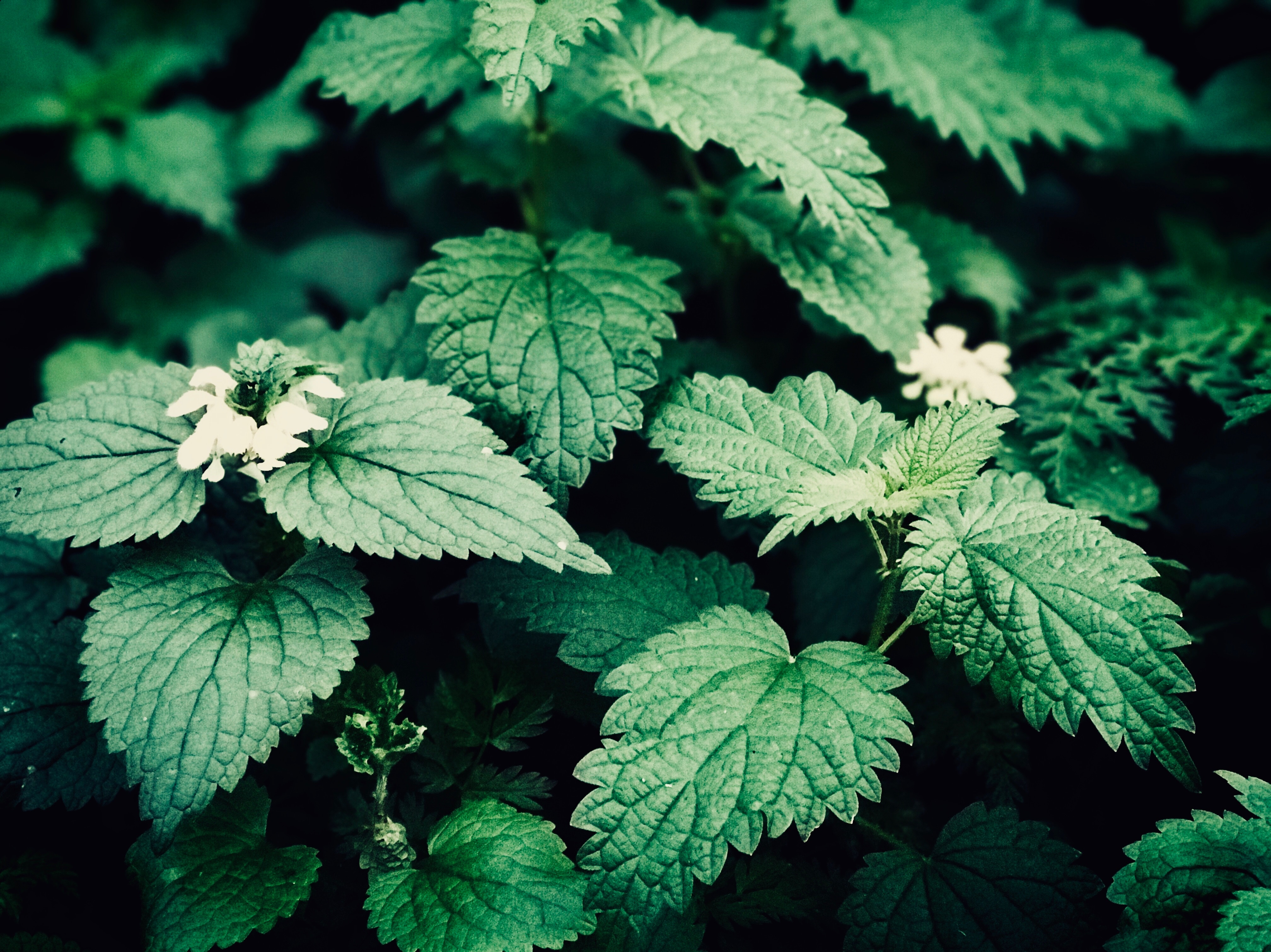
This well-known mouth and breath freshener is scientifically known as Mentha and has more than two dozen species and hundreds of varieties. It is an herb that has been used for hundreds of years for its remarkable medicinal properties.
There are over 600 types of mint plants, which include pineapple mint, apple mint, orange mint, water mint and horse mint. However, when we talk about mint, we are referring to two specific types: peppermint and spearmint.
Mint is a great appetiser or palate cleanser. The aroma of the herb activates the salivary glands in your mouth as well as glands which secrete the digestive enzymes, thereby facilitating digestion. It also soothes the stomach in case of indigestion or inflammation. When your stomach feels sick, drinking a cup of mint tea can give you relief. If you are someone who travels long distances via plane or boat, menthol oil derived from mint can be very soothing for nausea and related motion sickness.
Mint leaves, especially freshly crushed leaves, help to ease headaches. Balms with a mint base or basic mint oil, when rubbed on the forehead and nose, give quick relief. This herb is a naturally soothing substance, so it can alleviate the inflammation and temperature rise that is often associated with headaches and migraines.
The strong aroma of this herb is very effective in clearing up congestion of the nose, throat, bronchi, and lungs, which gives relief from respiratory disorders that often result from asthma and a common cold. As mint cools and soothes the throat, nose and other respiratory channels, it also relieves the irritation which causes chronic coughing.
Regular use of mint is very beneficial for asthma patients, as it is a good relaxant and relieves congestion. That being said, using too much mint in this way can also irritate the nose and throat.
Mint is a natural stimulant and the smell alone can be enough to charge your energy and get your brain functioning at a higher level again. If you are feeling sluggish, anxious, depressed or simply exhausted, mint can help. A popular way to get good results in an easy manner is to put a few drops of mint essential oil or menthol oil on your pillow at night, and let it work on your body and mind while you sleep.
While mint oil is a good antiseptic and antipruritic material, the juice obtained from mint is an excellent skin cleanser. It soothes the skin and helps to cure infections and itchiness. In addition to being a good way to reduce pimples, it can even relieve some of the symptoms of acne. Its anti-pruritic properties can be used for treating insect bites like those of mosquitoes, honeybees, hornets, wasps, and gnats. The cooling sensation will relieve you from irritation and the constant urge to scratch, and the anti-inflammatory nature of mint will bring down swelling. In that same vein, mint oil is often a basic component of bug repellent products like citronella candles, because the strong aroma is unappealing to most insects.
People who frequently chew gum, in which the major active ingredient is mint, have higher levels of memory retention and mental alertness than those who do not. The stimulant qualities of mint, once again, have shown yet another reason to pop that stick of gum in your mouth or chew some leaves when you’re feeling less than brilliant.
Since mint has germicidal qualities and quickly freshens breath, it adds to oral health by inhibiting harmful bacterial growth inside the mouth and by cleaning the tongue and teeth. In the past, mint was rubbed directly onto teeth and gums to refresh the mouth and eliminate dangerous forms of growth. In modern times, for the same reason, mint is one of the most common elements in toothpastes, mouthwashes, and other dental hygiene products. Of course, the easiest way to get these results is to simply chew on the leaves.


